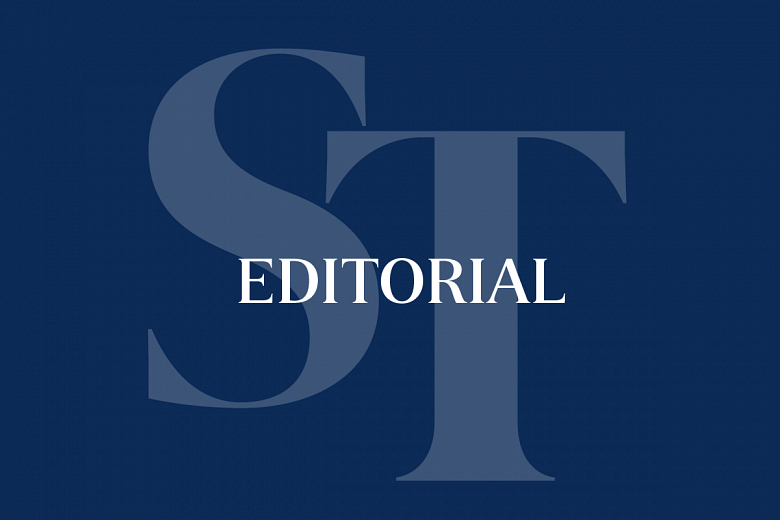The challenge facing Parliament's Select Committee on deliberate online falsehoods is that the serious questions raised do not lend themselves to binary, right v wrong answers. After all, at the highest level of generality, what is true or false is an eternal quest. More specifically, in the sphere of media, it is no simple task to distinguish "fake news" from the contentious and usually inconclusive exchange of public opinion.
Partiality, bias and outright dishonesty can blur the line between fact and fiction, propaganda and opinion. Yet one cannot afford to take just a philosophical approach to the dilemma when the consequences of certain forms of disinformation are devastating. At one level, the reputation and integrity of governments, institutions and individuals might be significantly harmed. At a national level, the outcome of democratic processes has been subverted, as shown in Britain and the United States. What practical steps can be taken to suppress disinformation manufactured determinedly by certain players, and would the cure be worse than the disease? Would suppression lead to oppression?
Already a subscriber? Log in
Read the full story and more at $9.90/month
Get exclusive reports and insights with more than 500 subscriber-only articles every month
ST One Digital
$9.90/month
No contract
ST app access on 1 mobile device
Unlock these benefits
All subscriber-only content on ST app and straitstimes.com
Easy access any time via ST app on 1 mobile device
E-paper with 2-week archive so you won't miss out on content that matters to you

